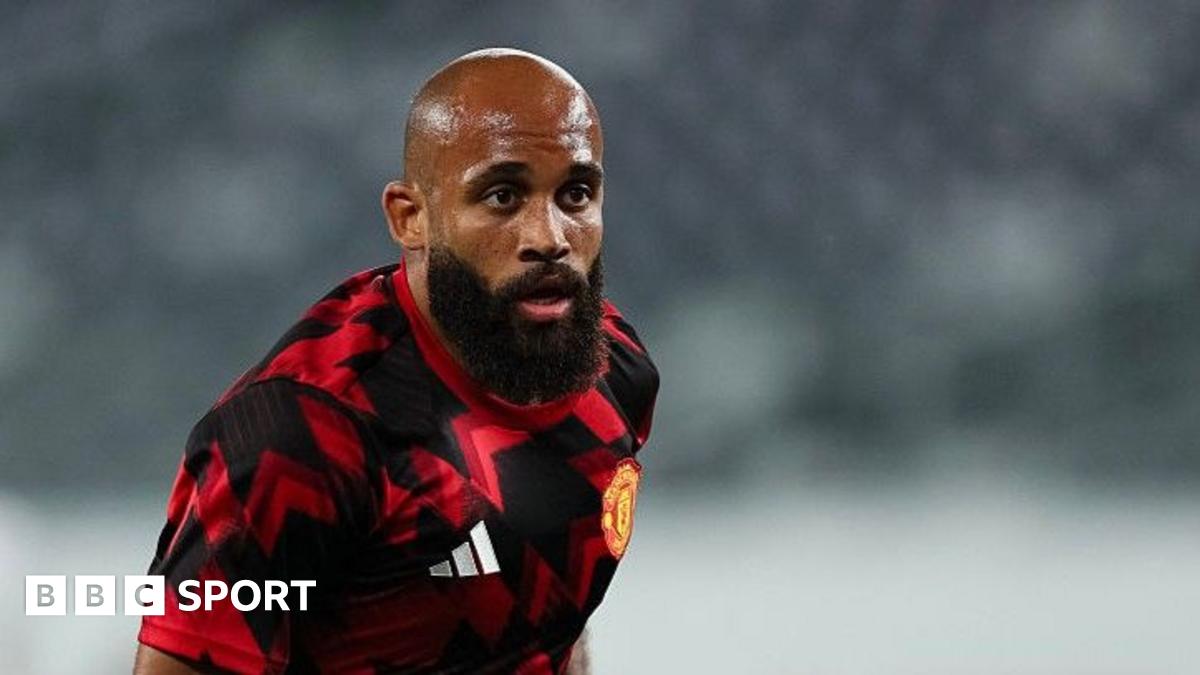
Bryan Mbeumo's impending debut for Manchester United raises a crucial question: how does he fit into Ruben Amorim's tactical vision, and what does his arrival signal about the club's broader strategic direction, especially given the uncertainty surrounding Benjamin Sesko? Mbeumo, a £65 million acquisition from Brentford, brings a different profile to United's attacking options. His versatility – capable of playing across the front line – offers Amorim flexibility, but it also suggests a potential shift away from a rigid, target-man-centric approach, perhaps explaining the stalled pursuit of Sesko. Mbeumo thrives in a fluid attacking system, often drifting wide to create space and linking up with midfielders. This contrasts with Sesko, whose primary strength lies in his aerial ability and hold-up play. The data indicates a strategic pivot towards a more dynamic and unpredictable attacking unit.
Consider Brentford's tactical setup under Thomas Frank. They frequently employed a 3-5-2 or 5-3-2 formation, where Mbeumo excelled alongside Ivan Toney. He wasn't just a goal scorer; he was a facilitator, creating chances for others and pressing relentlessly off the ball. Can he replicate that impact within Amorim's system, which we can assume is taking shape even during this pre-season? Will Amorim adapt his formation to accommodate Mbeumo's strengths? Perhaps we'll see a move towards a 4-3-3 with Mbeumo and Cunha operating as inside forwards, allowing for greater fluidity and interchangeability.
The reported interest in Sesko and Matheus Cunha initially suggested a desire to reinforce the striker position and add physicality. However, the acquisition of Mbeumo raises questions about the long-term plan. Is Amorim looking to build a more versatile attack, or is he simply adding depth to multiple positions? The answer will likely dictate United's tactical approach throughout the season.
Furthermore, the financial aspects of these deals are intriguing. Despite Sir Jim Ratcliffe's earlier concerns about the club's financial stability, United have sanctioned a significant outlay. The deferred payment structures for Cunha and Mbeumo, along with sell-on clauses and Rashford's loan move, seem to have provided the necessary financial leeway. This suggests a willingness to invest in Amorim's vision, but it also raises questions about the sustainability of this spending model. How much longer can they rely on these financial engineering tactics? And what happens if the expected sales don't materialize?
The decision to stick with Andre Onana, despite pre-season fitness concerns, further highlights Amorim's priorities. A modern, ball-playing goalkeeper is crucial for implementing a possession-based style, which could be the direction United are heading with the arrival of players like Mbeumo. Onana's distribution and ability to play out from the back will be vital in initiating attacks and controlling the tempo of the game. The focus on Onana's fitness suggests that Amorim sees him as integral to the team's tactical framework.